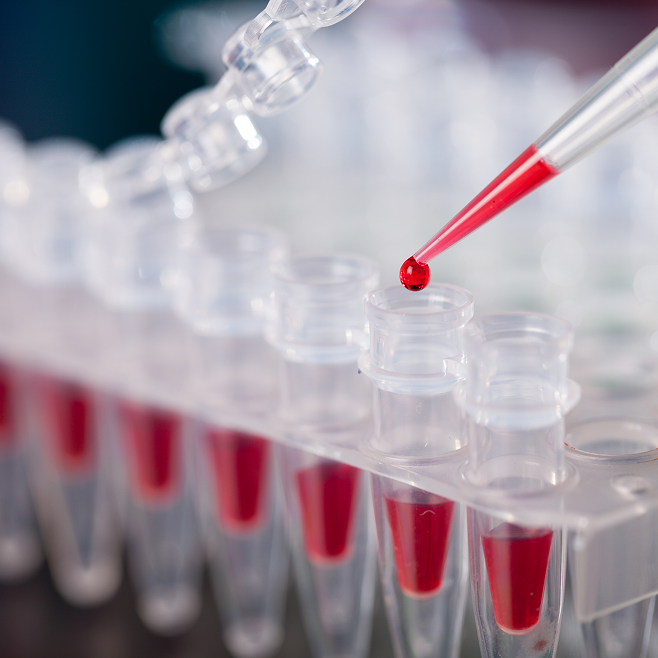Why Plastics Matter: Life-Saving Materials in Pharmaceuticals and Healthcare
Plastics are often portrayed as harmful, symbols of pollution and waste in our oceans and landfills.
Yet in healthcare and pharmaceuticals, their story is very different. Here, plastics are not disposable nuisances but life-saving materials. From protecting medicines to enabling advanced medical devices, plastics provide sterility, precision, and safety in ways few other materials can match.
1. Plastics in Pharmaceuticals: Protection and Precision
Medicines depend on plastics to stay safe, effective, and easy to use:
- Blister packs protect pills individually, preventing contamination and ensuring correct dosage.
- Bottles and vials shield sensitive compounds from light, air, and moisture.
- Droppers, inhalers, and insulin pens use plastics to guarantee accurate, hygienic dosing.
- Syringes and IV tubing rely on medical-grade plastics to maintain sterility and prevent unwanted reactions.
Without plastics, ensuring drug quality and patient safety would be far more difficult.
2. Life-Saving Medical Devices
Many critical medical tools are only possible because of plastics:
- Oxygen masks, ventilator tubing, and CPAP devices deliver life-saving gases safely.
- Prosthetics and implants combine strength, flexibility, and biocompatibility thanks to advanced polymers.
- Laboratory consumables like pipette tips, test tubes, and petri dishes support precise, contamination-free testing.
These devices can be produced cost-effectively and at scale, directly improving patient care worldwide.
3. Sustainability and Responsibility
Plastics in healthcare save lives, but their environmental impact can’t be ignored. Too often, valuable materials end up in landfill because they’re not recycled correctly, or because medical waste systems lack the capacity to handle them. Many medical plastics are recyclable, especially packaging, bottles, and non-contaminated lab items. Better recycling infrastructure, proper sorting, and take-back programs could keep far more plastics in use and out of the environment.
The challenge is not plastics themselves, but how we manage them after use. With responsible systems, healthcare can remain safe, effective, and sustainable.

The Takeaway
From pill packaging on pharmacy shelves to oxygen masks in emergency rooms, plastics are at the heart of modern healthcare. Their durability, chemical resistance, design flexibility, and efficiency make them irreplaceable. More than just materials, plastics are enablers of medicine itself, safeguarding health and supporting patients every day. And with smarter recycling, they can protect both people and the planet.
Behind every life-saving device and every carefully packaged medicine is a chain of processes that demands absolute precision. At Tool-Temp Ltd, we’re proud to support that chain, keeping production temperatures stable so the plastics and pharmaceutical industries can continue delivering products the world depends on.